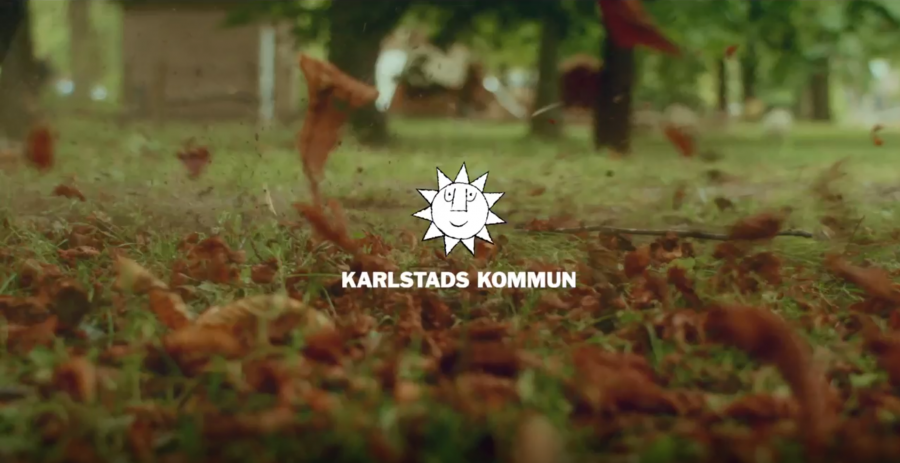Now celebrating it’s 30th year, the Golf Environment Awards (GEAs), including the Syngenta Operation Pollinator Award, have been promoting the incredible work of golf clubs across the UK, and internationally.
Celebrating sustainability, conservation, ecology and caring for the environment; each year golf clubs share their journey into plans and practices they have, continually encouraging wildlife and biodiversity.
STRI calculates golf courses represent 33% of the UK’s open space and, when managed properly, can significantly enhance biodiversity, conserve rare habitats, and be one of the leading sectors in promoting positive environmental practices.

"Habitats of any kind need maintenance," advocates Stella Rixon, senior agronomic consultant at STRI Group. "Heathland and link dunes require grazing and mowing to stop dominant species taking over.
"Greenkeepers are key to creating a mosaic of habitats and helping to encourage strong biodiversity across the courses and getting the right balance.
“At a time when golf clubs are facing rising costs of materials and fuel, there is no better time to assess what areas need minimal maintenance and let mother nature take care of the site.”
Continuous improvement and monitoring of an ecosystem is so important and can create vital stepping stones among urbanised landscapes, she says.
"Through studies, it has been proven that golf courses are even superior to farmlands for supporting the diversity of tree species and therefore bird diversity as well."
Nature conservation bodies are now increasing their efforts and funding into establishing ‘wildlife corridors’, which improve the capacity of species to move between remnant areas of good habitat. They have recognised golf courses as having important roles in the success of this mission.
Numerous courses across the UK are involved with safeguarding rare species and re-introducing those which are declining. These incredible efforts are helping revive wildlife which may have been lost and creating eco-systems with longevity, enthuses Stella.
Attitudes towards golf courses needs to change, she argues.
From a survey of 94 clubs in the UK, 90% of course managers considered that golf courses were important to wildlife, with over 60% wanting to do more to promote wildlife on their courses.
In addition, over four million people a year register as golfers within Europe. The influence golf courses have on members is massive and through education can show how they themselves can have a positive impact on the environment in their own back gardens.
STRI Group is passionate about creating sustainable spaces for people to enjoy and working alongside companies who share this vision.
This GEAs are supported by lead partner The R&A, and sponsors BIGGA, Syngenta, Aquatrols, Tillers Turf and Jacobsen.
Entries will close on Friday 13th September 2024 and winners will be revealed at the annual ceremony held in January 2025 during BTME week in Harrogate, Yorkshire.
The Golf Environment Awards (GEA) showcase the important work being undertaken by golf facilities to protect and enhance the environment and The R&A is supporting the event as its lead partner.
Past award winners include courses recognised as R&A championship venues and golf course managers who have been awarded R&A Greenkeeping Scholarships.
The R&A is also supporting the Conservation Greenkeeper of the Year with a £750 Scholarship for their continued professional development, whilst the winning UK Environmental Golf Course of the Year and International Environmental Golf Course of the Year will be featured in The R&A’s multi-year study into golf and nature. Entries will close on Friday 13th September 2024.
Entry to the awards is completely free with the sole aim of encouraging every eco-conscious golf club to consider applying. Applications can be made here.







